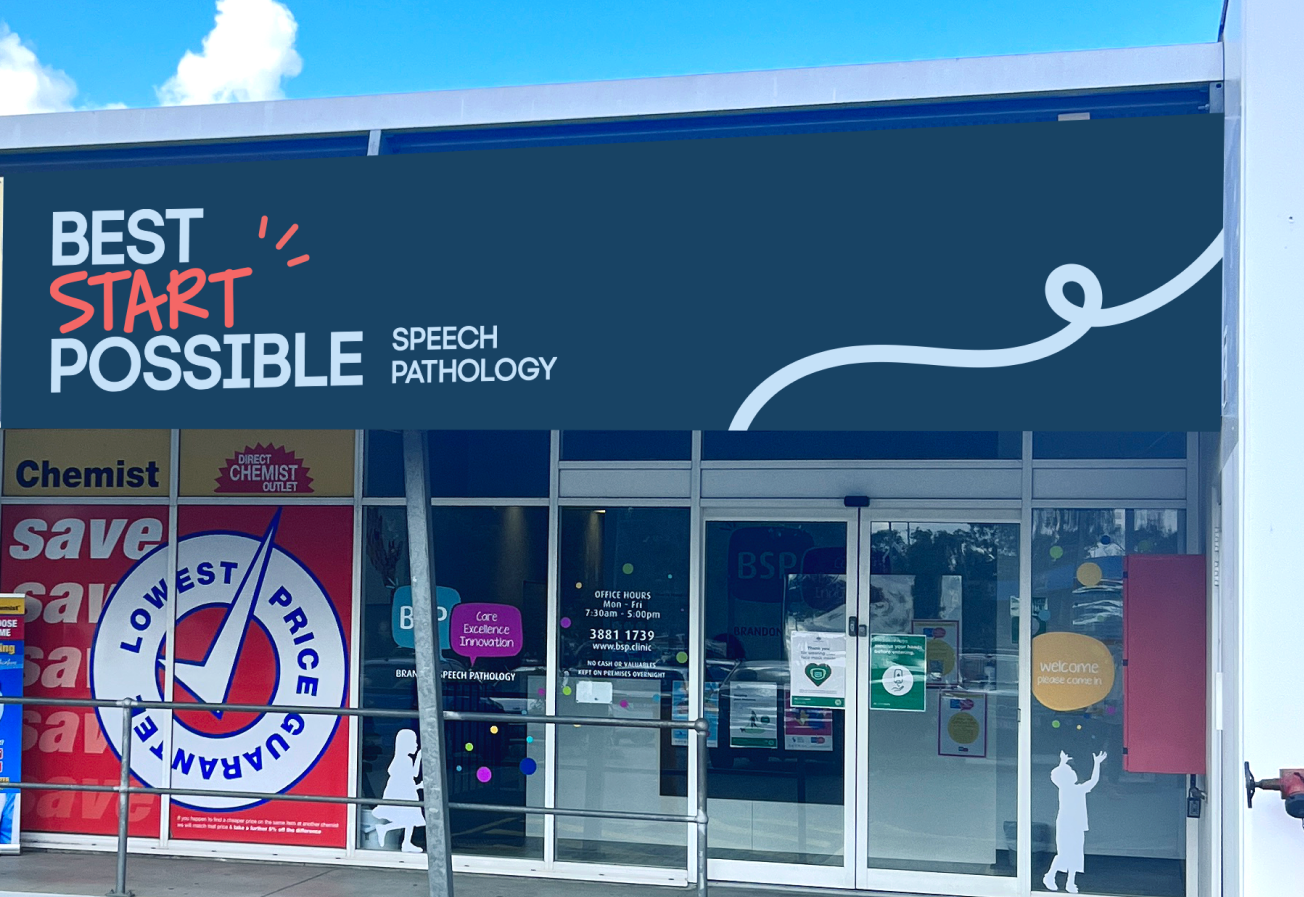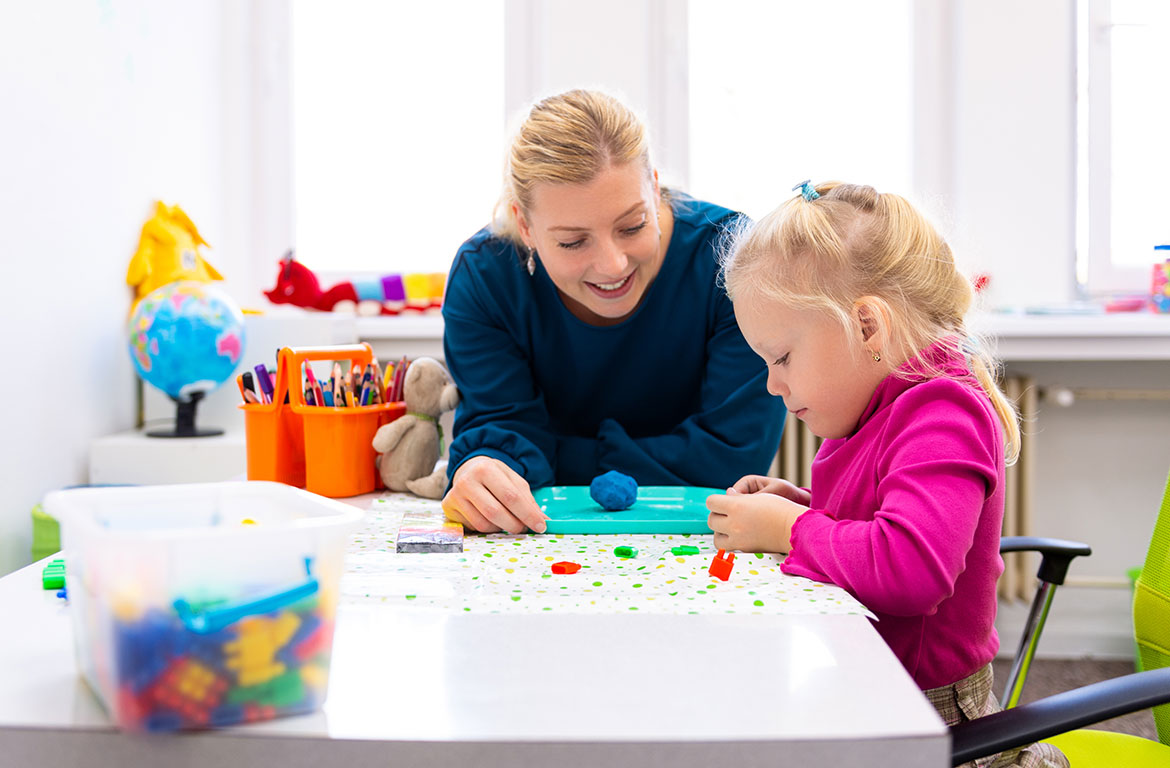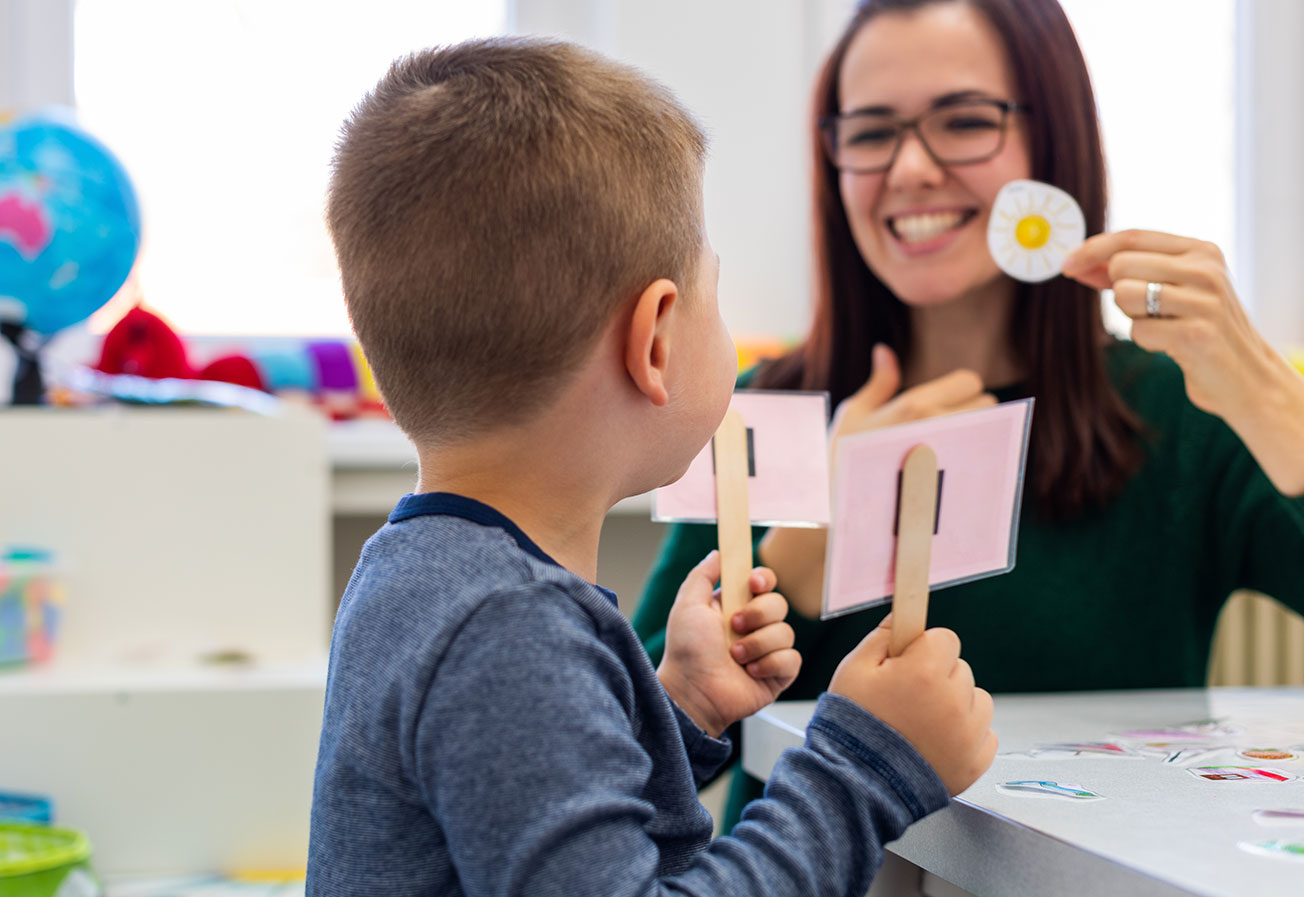Our Services
Does your child/teen need support in any of these areas?
Our experienced clinicians can help to teach your child how to say new sounds and build their confidence as a communicator.
Some children and teens have trouble speaking clearly. There may be certain sounds that they cannot say yet or they may swap sounds in words (e.g. saying ‘tat’ instead of ‘cat’). This can make it hard for them to communicate with their peers and express their wants and needs. They may also have difficulty learning to read and write.
A professional assessment is important to identify whether therapy is required to support your child’s speech sound development. Our experienced clinicians can help to teach your child how to say new sounds and build their confidence as a communicator.
People with language difficulties find it hard to understand and use words and language.
Does your child use jumbled word order or language that is underdeveloped for their age? Do they struggle to follow instructions, understand concepts or questions? Perhaps they have difficulty understanding or telling stories or battle with sentence structure and grammar?
Children and teens who struggle to understand and use words and language may find it hard to communicate their thoughts and ideas. As most activities in life require language skills, it’s important that your child receives professional assistance. Our qualified and empathetic therapists will provide the tailored services and supportive environment they need to succeed.
Our literacy programs help with reading, writing and phonological awareness so clients can feel confident communicating in written form.
Literacy skills are vital for children and teens to succeed in school and beyond since much information (from the prices of items on store shelves to road signs and world news) is provided to us in written form. Reading also develops language skills, exposing children to new words and deepening their appreciation for new concepts and ideas.
A reluctance towards books, reading and writing activities could be a sign that your child is struggling. Literacy intervention helps children and teens develop foundational literacy skills such as reading, writing and phonological awareness so they can feel confident communicating in written form.
Fluency is about how easily we can get our words out and say what we want to say.
Our empathetic and experienced speech therapists will help your child to manage their stuttering with confidence.
Some mild stuttering can occur for children between the ages of 3 and 5. Professional assessment is important to identify whether therapy is required for children who are stuttering. Our empathetic and experienced speech therapists will help your child to manage their stuttering with confidence.
Social communication skills help us to interact with and be understood by others.
Our neurodiversity affirming practices help children and teens to be understood by others while still being themselves.
Children and teens with neurodivergence in particular have a different set of social communication skills compared to most other, neurotypical young people.
They often can communicate well with other neurodivergent people, but can be misunderstood in conversations with neurotypical people. This challenge is known as the ‘Double Empathy Problem’.
To assist children and teens with neurodivergence, we lean into neurodiversity affirming practices. This approach supports the client’s social communication skills in ways that allow them to be understood while still being true to who they are as individuals.
School, home or clinic-based consultations available

The Clinic
Our modern clinic provides a structured therapeutic experience in a controlled, supportive, distraction-free environment.
We provide one-on-one and group therapy sessions at our speech clinic. At these sessions clients have fewer distractions and can be more engaged in the therapy process. Parents and carers are encouraged to sit in on their child’s session, understand what their child is learning and receive support and ideas for practising at home.
Community
Home-based therapy

For therapy to be effective the family must be at the centre of all support. Home-based sessions facilitate learning in a child’s natural, everyday environment.
Speech therapy conducted at home allows for collaboration with the family to implement therapy and achieve therapeutic outcomes within their natural environment.
Home-based therapy helps to improve the transfer of new skills into everyday routines.
At-home sessions offer flexibility and bring clinical interventions to clients who are unable to attend clinic-based appointments.
School-based therapy

One-on-one or group sessions delivered at school allow for collaboration with school staff
to implement therapy and achieve your child’s therapy goals.
Collaboration between teachers, learning support staff and speech pathologists ensures an excellent outcome for your child.
The combination of teaching and speech therapy skill sets is invaluable in helping students to overcome learning difficulties.
School-based therapy helps with skill generalisation and allows children and teens to use their newly acquired skills to achieve educational goals.
Telehealth consultations
Conducted online (via Zoom) or by phone, teletherapy sessions allow us to bring therapy services to wherever you are.
Teletherapy provides flexibility for caregivers and/or children and teens are unable to attend face-to-face sessions. Research indicates that positive therapeutic outcomes can be achieved through telehealth interventions. For many interventions, the use of real-time video-conferencing is sufficiently similar to a face-to-face setting.


Therapy blocks and group sessions
We offer a variety of cost effective therapy modalities to make our services as accessible as possible.
You can book a block of 10 therapy sessions, alternating with school terms 1 and 3 or terms 2 and 4, with breaks for the school holidays. We also offer group sessions for 2 or more clients with similar therapy goals. Please contact us if you would like to be notified when these services become available.
Allied Health Assistant (AHA) services
As another cost effective option, we offer sessions with Allied Health Assistants (AHAs) as part of an AHA Program. Each AHA Program is written by a qualified speech pathologist and the sessions are conducted by the AHA. Our AHAs are speech pathology students. AHA sessions are booked in blocks of 10 (weekly 45 minute sessions) and are aligned with the school term. A review is completed at the end of each block by the treating speech pathologist.

Talk to our friendly team

